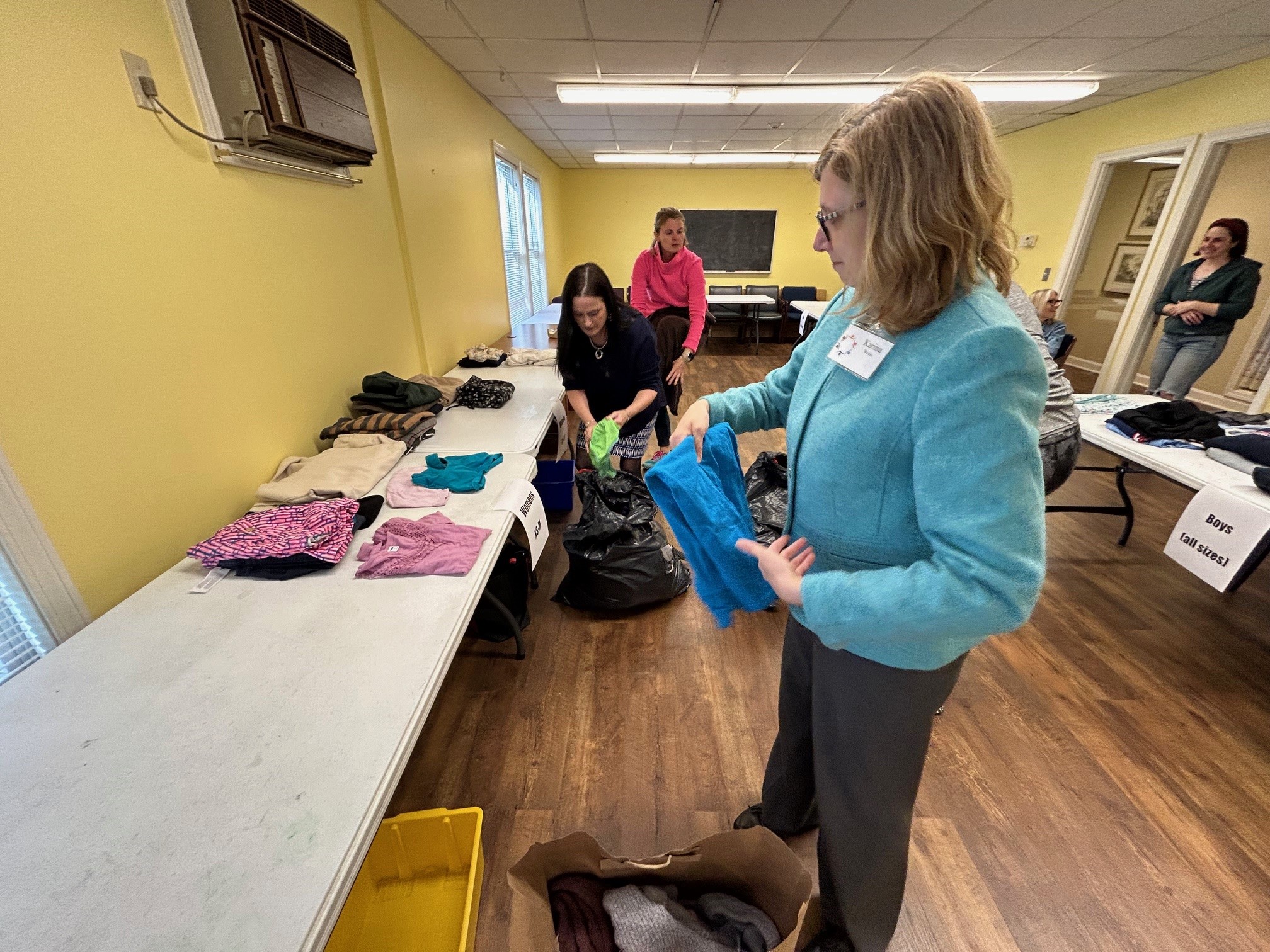The winter months can be a lot of fun, but Springtide Child Development Center also wants to make sure children with autism are safe during the coldest time of the year.
Despite flurries and snowmen, winter can bring challenges, especially for children with autism and their families.
“Wintertime in general is a transition,” Chelsea Daniels of Hartford said.
It is something that Chelsea Daniels thinks about with her 4-year-old daughter Zamaya.
Get Connecticut local news, weather forecasts and entertainment stories to your inbox. Sign up for NBC Connecticut newsletters.
“Zamaya, specifically, she likes textures. So I have to make sure that her winter clothing is something that she likes to touch and feel, something that's comfortable on her skin,” Daniels said.
That is just one consideration during the colder months for parents of children with autism. Routine is important to these kids, and seasonal changes mean all of the sudden they have to wear bulky clothing and may not be able to enjoy outdoor activities.
Zamaya goes to Springtide Child Development Center in West Hartford five days a week. The treatment center for kids with autism opened in spring of last year, and now its clinical director has some tips for getting through wintertime.
Local
“I would say the biggest thing is really those sensory needs for the kids,” Amanda Woodman, Springtide Child Development clinical director, said.
Woodman says it is best to avoid itchy fabrics like wool and opt for soft fleece-like materials when it comes to winter clothing.
“Practicing putting on snow pants and practicing putting on big boots, it's definitely like a different feeling for some of these kids,” Woodman said.
She also says the cold temperatures are dangerous, and parents should take precautions in case of wandering.
“I think one of the biggest things is for parents to look into identification, either bracelets, tags, different cards that they can keep in their pocket,” Woodman said.
Some other tips from Springtide: schedule breaks during outside time and keep routines. Talk about feelings, since winter blues are real. Discuss what is dangerous about certain activities, like ice, falling and spending a lot of time in the cold. And stay bundled up and warm.
Daniels has picked up a few other tips, like getting Zamaya ready alongside her siblings, or taking her to an indoor waterpark during the cold months so that she can enjoy swimming, an activity she loves year-round.
She also uses stories as a tool to help her daughter understand the new situation.
“If there's a new experience that we're going to have, I give her a book, and I let her you know, 'look at the book, look at the photos,' and familiarize herself with the situation,” Daniels said.
Daniels adds that although not everyone has a child with autism, everyone should be cognizant of the fact that winter is a sensitive time of year for these kids.
“Not all children will speak,” Daniels said. “Just be, you know, aware of children and their surroundings and their needs.”



